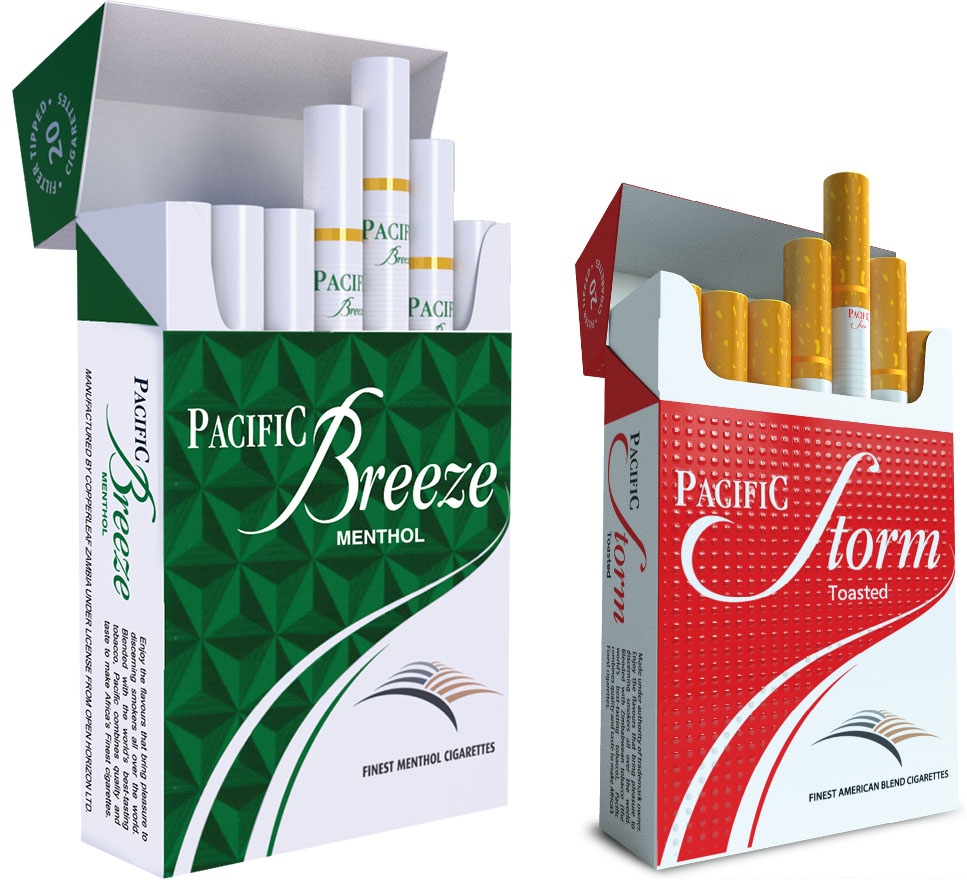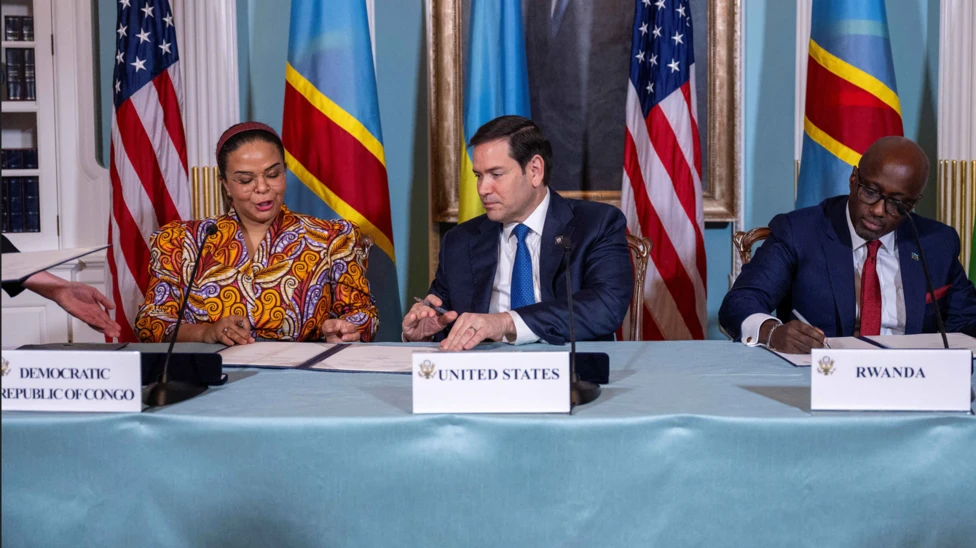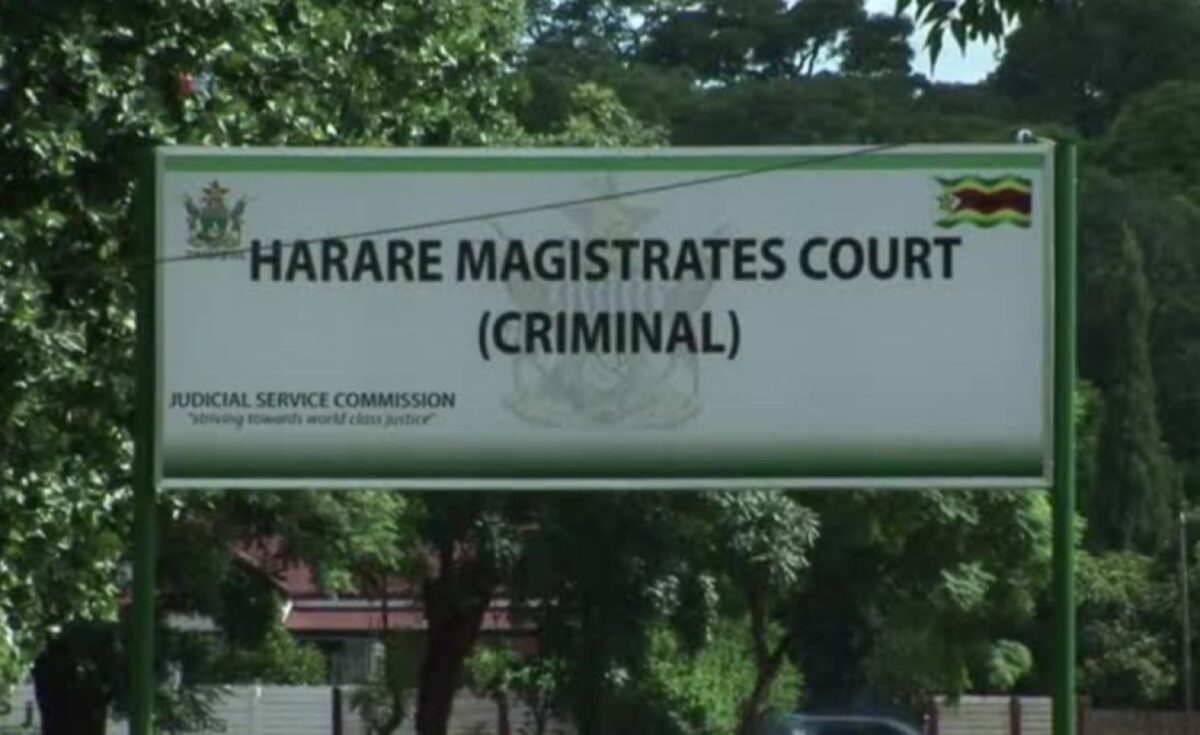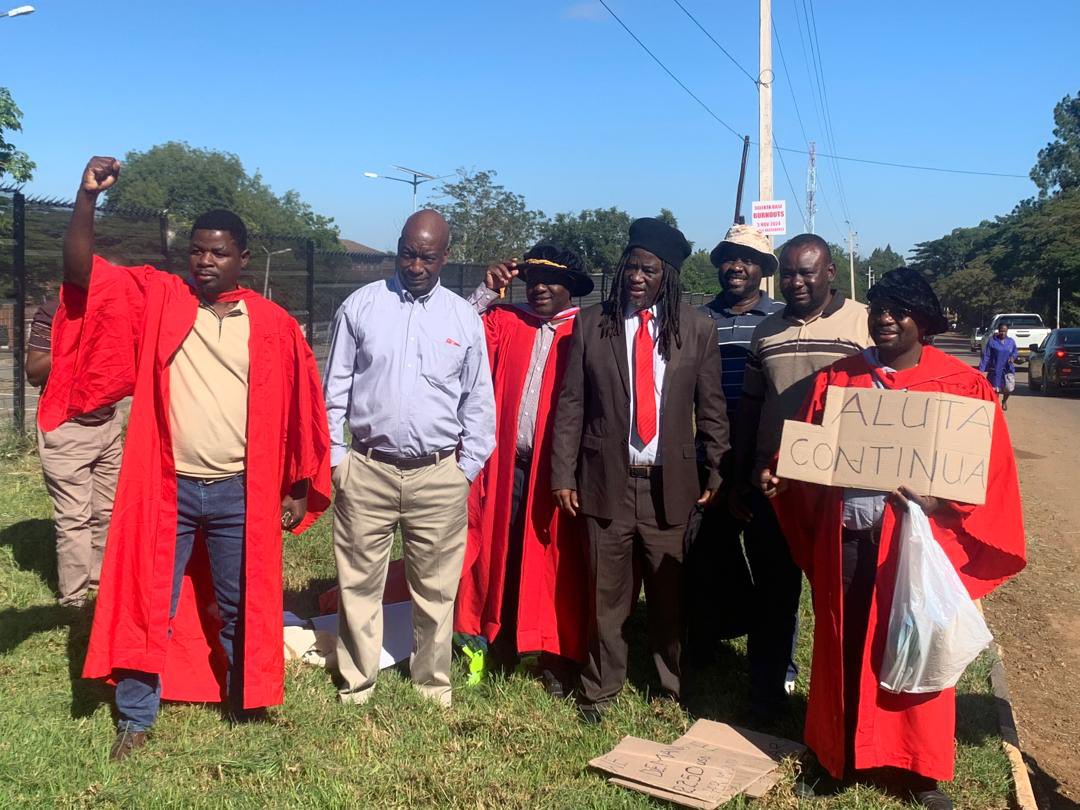JOHANNESBURG, South Africa – Zimbabwe’s Pacific Cigarette Company – the fastest growing cigarette manufacturer in the country – says it supports British American Tobacco South Africa (BATSA)’s calls for an inquiry and clean up of the market which has now become “a multi-billion-rand free-for-all for lawbreakers” environment.
Pacific chief executive Yves Le Boulengé said this week his company welcomed and backed BATSA’s latest report which shows that the market has been invaded by bootleggers who are pushing multi-billion-rand business deals in the underworld at under taxable prices and without paying tax.
BATSA commissioned independent market research company Ispos to investigate how rampant illegal tobacco trade is and its impact on the market. The study was done from 11 February 2021 to 16 February 2021.
It investigated the sale of cigarettes below the minimum collectible tax rate, among other issues.
“We welcome the Ispos report that captures the state of the industry. We are most heartened that this is a more credible and researched report rather than the bar talk and anecdotes that characterised recent report by some media organisations,” Le Boulengé said.
“It is often stated that lies and conjecture have short legs and we feel exonerated by this report. Pacific cigarettes, despite their popularity, have not been shown in the report to be a source of the concern highlighted. Pacific cigarettes, as always stated, continue to be legally available in all the markets in which our company operates.
“We always welcome constructive criticism as a way of strengthening our processes and procedures against the scourge of illicit cigarette trade highlighted in the Ipsos report commissioned by BAT. What is most satisfying is that the Ipsos report identifies our Pacific brand as one of the most upstanding in the report.”
During the research, “mystery shoppers” bought 20 packs of cigarettes below the minimum collectable tax rate (MCT) of R20.01 throughout the retail sector – from spaza shops to supermarket chains.
The sample involved buying 20 packs or 10-pack carton from 4 586 shops nationwide.
Of the 1,849 packs bought at R20 and below, 904 were distributed by Gold Leaf Tobacco Corporation, 352 by Carnilinx and 160 by Mango Investments. Remington Gold, manufactured in Zimbabwe, was sold at the cheapest prices below the MCT rate at 533 outlets visited.
Zimbabwean tobacco is smuggled and sold in South Africa’s black market.
The study found that 41 percent of the shops visited sold a pack of 20 cigarettes below the minimum taxable price of R20.01. This was true at 76 percent of the shops in the Free State, 73 percent Western Cape and 62 percent Gauteng. The lowest purchase price for a 20-pack was R9 and R6.30 for the unit price for a 10-pack carton.
BATSA Johnny Moloto was quoted in media reports describing this as “industrial scale tax evasion”.
“This is tax evasion on an industrial scale. The government has a responsibility to act with urgency to stop such looting. This research is damning proof that the booming illegal trade in cigarettes is costing South African taxpayers billions of rand in lost revenue,” he said.
“Criminal cartels who ruthlessly exploited the tobacco ban have since maintained their grip on the sector. We need a commission of inquiry as well as rapid enforcement by SAPS and SARS.”
Illegal tobacco sales and trading below the minimum collectible tax rate are undercutting established companies like BATSA and Pacific which trade within the legal framework and established trade and tariff rules, while also prejudicing the South African and Zimbabwean governments of customs duty and tax revenues worth billions of United States dollars.
A report done by Atlantic Council titled The Illicit Tobacco Trade in Zimbabwe and South Africa: Impacts and Solutions said illegal trade between the two countries was rampant.
“The illicit tobacco market in southern Africa is distinguished by two key facts: first, South Africa provides the largest, most profitable, and therefore most important consumer market and cigarette production hub; Zimbabwe is the biggest tobacco producer in the region and indeed the continent,” the report said.
“Zimbabwe-produced cigarettes are smuggled into all its neighbouring countries, with the clear majority being smuggled into South Africa.”
Watchdog organisation Tax Justice SA described the BATSA research findings as “nothing short of organised crime”.
However, not all tobacco organisations agree with the report and BATSA’s call for a commission of inquiry into the problem.
South Africa Tobacco Organisation said it was sceptical about the BATSA report as it comes hard on the heels of an investigative report by Organised Crime and Corruption Reporting Project, saying the company was benefitting from illicit tobacco trade in Mali, West Africa.
So it says it thinks that BATSA is trying to wriggle out and change the narrative.
Boulengé said the BATSA report was a true reflection of the tobacco industry.
Pacific, former Savanna, manufactures various pacific brands, including Pacific Storm, Pacific Breeze, Pacific Mist and Pacific Blue, Branson which comes as Branson Mint and Branson Flame, Pegasus Spring and Pegasus Sky and Accacia.
Domiciled in Mauritius, the company is headquartered is in Zimbabwe. It also operates directly and indirectly in South Africa, Mozambique, Zambia, Mozambique, Lesotho, Swaziland, Malawi and DRC.
“We comply with the laws, rules and regulations, and market requirements wherever we operate. That is why we welcome BATSA’s report and calls for an inquiry into the industry’s current developments and dynamics,” Boulengé said.
















